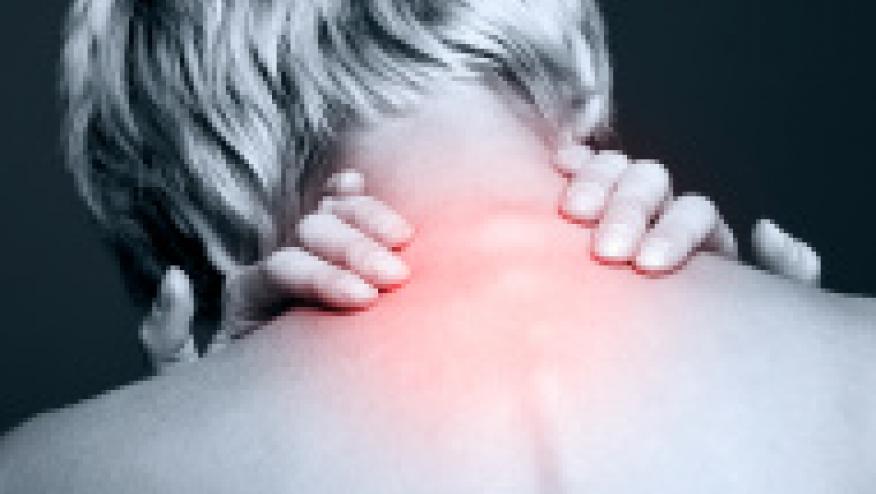Statin Side Effects Are For Real Save

The GAUSS-3 trial, recently published in JAMA, examined cholesterol-lowering interventions in patients with a high LDL (>120 mg/dl) and a history of statin intolerance to 2 or more statins.
In the first part of the trial, 491 patients were blindly randomized to either placebo or atorvastatin. In this 24 week crossover trial, 42.6 percent of the patients reported muscle-related side effects during statin use, but not with placebo. However, 26.5 percent experienced muscle pain while taking the placebo – something not attributable to statin intake.
Despite their efficacy, a significant number of patients report muscle weakness or pain while on statin therapy. These results are important, since most large randomized trials of statins fail to show the high rates of myalgic symptoms noted in open-label or observational reports.
In the second phase of this trial, those with confirmed statin intolerance were randomized to two "non-statin" therapies: the PCSK9 inhibitor evolocumab (Repatha) or ezetimibe (Zetia; decreases cholesterol absorption in the small intestine). Evolucumab is a new injectable monoclonal antibody that inhibits proprotein convertase subtilisin/kexin 9 (PCSK9) and has been touted for those intolerant of statins.
After six months, evolocumab was superior to ezetimibe (50% vs 17%) in lowering cholesterol levels. Muscle symptoms were reported in 28.8% of ezetimibe-treated patients and 20.7% of evolocumab-treated patients. Discontinueations for muscle symptoms was higher in ezetimibe-treated patients (6.8%) than evolocumab-treated patients (0.7%).
The researchers concluded that those who suffer muscle-related symptoms while on statin therapy may benefit from evolocumab as an alternative treatment to continue lowering their LDL or “bad” cholesterol.










If you are a health practitioner, you may Login/Register to comment.
Due to the nature of these comment forums, only health practitioners are allowed to comment at this time.